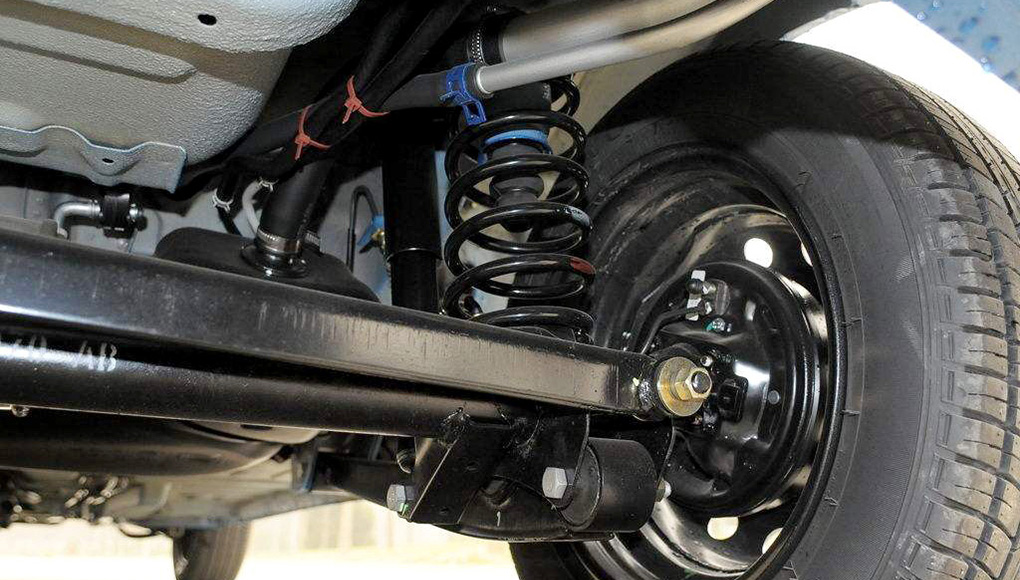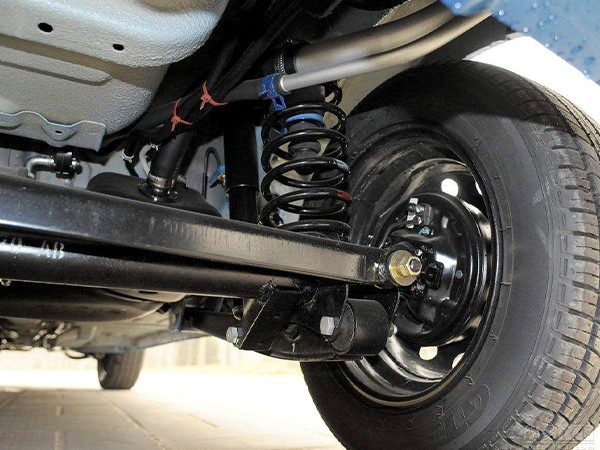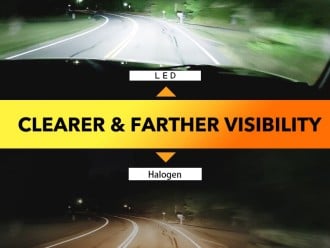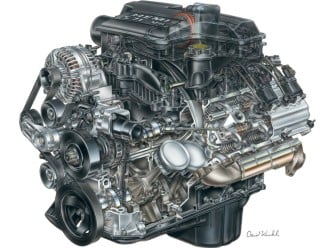The suspension system plays a crucial role in a vehicle's overall performance and ride quality. One popular type of suspension system is independent suspension. In this article, we will explore the advantages and disadvantages of independent suspension systems. Understanding these key points can help you make an informed decision when choosing a vehicle or considering suspension upgrades.

Advantages of Independent Suspension:
- Improved handling: Independent suspension allows each wheel to move independently, leading to better traction, stability, and cornering ability.
- Enhanced ride comfort: The independent movement of wheels helps absorb road imperfections, resulting in a smoother and more comfortable ride for occupants.
- Better weight distribution: Independent suspension systems often distribute the vehicle's weight more evenly, improving balance and reducing body roll during maneuvers.
Disadvantages of Independent Suspension:
- Higher cost: Independent suspension systems are generally more complex and require additional components, resulting in higher manufacturing and maintenance costs.
- Increased complexity: The intricate design of independent suspension makes it more challenging to repair and maintain compared to other types of suspension systems.
- Reduced off-road capability: Some independent suspension setups may compromise off-road performance due to reduced articulation and ground clearance.
Variations of Independent Suspension:
- Double wishbone: This design provides excellent control over suspension geometry, resulting in superior handling characteristics.
- MacPherson strut: Widely used in many vehicles, this design offers simplified construction and packaging, making it more cost-effective.
- Multi-link: Combining the benefits of both double wishbone and MacPherson strut, multi-link suspension systems offer a good balance between performance and packaging.
Considerations for Choosing Independent Suspension:
- Driving needs: Evaluate your driving style and requirements. If you prioritize sporty handling and smooth rides on paved roads, independent suspension may be a suitable choice.
- Budget: Consider the potential higher costs associated with independent suspension, both in terms of initial purchase and long-term maintenance.
- Terrain and usage: If off-road capability or heavy load-carrying capacity is a priority, other types of suspension systems, such as solid axles, may be more suitable.








